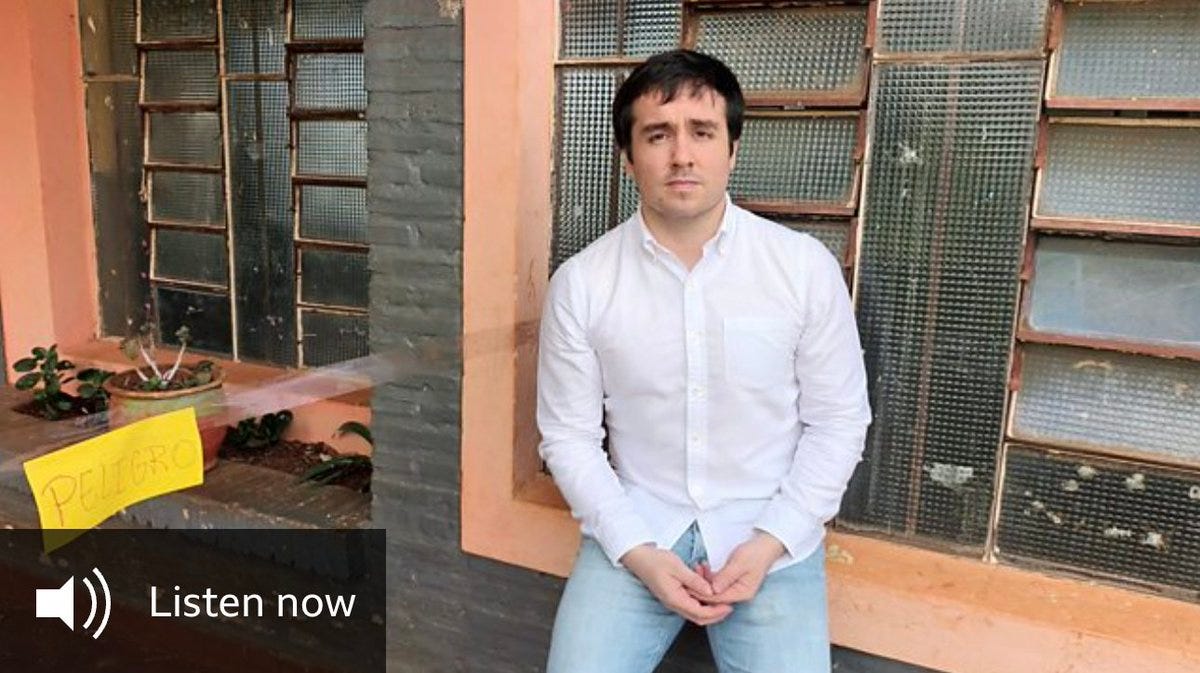Contracts, Data and Investigations – Edition 71
This month: Malta’s murky hospital deal, stolen laptops in Philippines, and tools for tracking conservation risks plus spending in the EU, Turkey & Finland
In this newsletter, we cover stories about the use and abuse of public contracts and provide tips and insights on how to investigate public procurement. Are you investigating a public contract right now? Get in touch – we’d love to help.
[What we are keeping an eye on]
Big contract, no hospital repairs: In 2015, Malta’s government awarded a €2.1 billion hospital contract to a recently created company with no experience in healthcare. The contractors spent hundreds of thousands of euros on personal and luxury items, while the health facilities remain in a state of disrepair, according to an investigation by OCCRP’s Khadija Sharife, the Times of Malta’s Jacob Borg and The Shift News’ David Lindsay.
Small company, big contract, no laptops for school kids: In a two-part investigation, Rappler’s Ryan Macasero and Bonz Magsambol uncover problems in a technology scheme for public schools in the Philippines. One small logistics provider bagged a P667 million contract ($12 million) to provide laptops, only for them to end up in retail stores. Read the first report and second report
Hot iron: Dozens of ministers and legislators face prosecution over their alleged involvement in stealing sheets of corrugated iron roofing earmarked for low-cost housing in Karamoja, one of the poorest regions of Uganda. Dubbed the “iron sheets” scandal, 100,000 sheets were procured by the government in 2022 for distribution to reformed warriors in Karamoja, as part of a Community Empowerment program. The country’s procurement agency PPDA is also investigating the program over potential inflated prices, with each sheet costing Shs71,000 (US$19) compared to the average open market price of Shs42,250 (US$11), CIPS’ Peter Crush reports.
[Data insights]
Exploring Finland’s state spending: Check out Finland’s online tool, Tutki Hankintoja at www.open procurement.fi that just won the “Jööraappa” award for “promoting openness” and contributing to award-winning investigative reporting by the Finnish Association of Investigative Journalism. Users can search the purchases of more than 70 government buyers and around 20,000 suppliers each year from 2016 to the present. They can see details such as the procurement category, date and price of every invoice, and conduct simple analyses. The purchases total around €4 billion annually, and bulk downloads are available in various formats through Finland’s open data directory. You can read more about it in our story.
Turkey public procurement monitoring tool: As we prepare for the run-off elections, a study of Turkey’s public procurement data by Transparency International’s national chapter Seffaflik shows that half of the tenders were held behind closed doors in 2022, with open tenders dropping from 75% to 51% since 2004. Read the report.
€672.5 billion Recovery and Resilience Fund: The European Commission has launched an interactive map that lists over 250 investments made through the fund, including the procurement for the transport system in Riga (Latvia) or public works to revamp neighborhoods in Slovenia. The map will also display a list of the top 100 recipients of funds in the future. According to the Open Spending EU Coalition, the spending is only as transparent as required by the EU, and much less than what citizens deserve and need to effectively track the investments. Their latest monitoring report of ten countries has more.
Political advertising in Colombia: An investigation into political ad buy in Colombia’s city of Barranquilla by the Fundación para la Libertad de Prensa (FLIP) and Contratopedia Caribe, finds spending of COP 94 billion (US$ 20 million) in just two and a half years. In comparison, this is seven times as much as the city of Bogotá, which only spent COP 13 billion (US$3 million) in the same timeframe. Direct awards accounted for 91% of the contracts. The investigation faced numerous obstacles imposed by the administration when attempting to access information.
[Tips from practitioners]
Not a tip this time, but a feature that highlights the impact of the work done by our partners at reAcción in Paraguay, produced by the BBC’s People Fixing the World podcast.
David Riveros García and his team at reAcción have been working with students to monitor school infrastructure for nearly 10 years. They recently launched the public tool Foco to gather citizen feedback on the state of their schools and share accessible data on public contracts with communities.
Listen to the story.
[Tools & resources]
Do you want to track how environmental concerns are addressed in the development and implementation of large-scale infrastructure projects? Our new guide Red Flags for Conservation, created with WWF, provides a set of indicators to guide you through 22 red flags, in addition to 31 indicators from our existing red flags for integrity resource to help you shed light on when potential corruption or collusion on infrastructure projects could harm nature.
We’re excited to join the Global Investigative Journalism Conference in Gothenburg later this year to share key insights for investigating public contracts. Stay tuned for more and let us know if you’ll be there too.
***
This newsletter has been put together by the Open Contracting Partnership. Thanks for reading. Do give us a like if you’ve enjoyed the read. Did a friend forward you this email?



